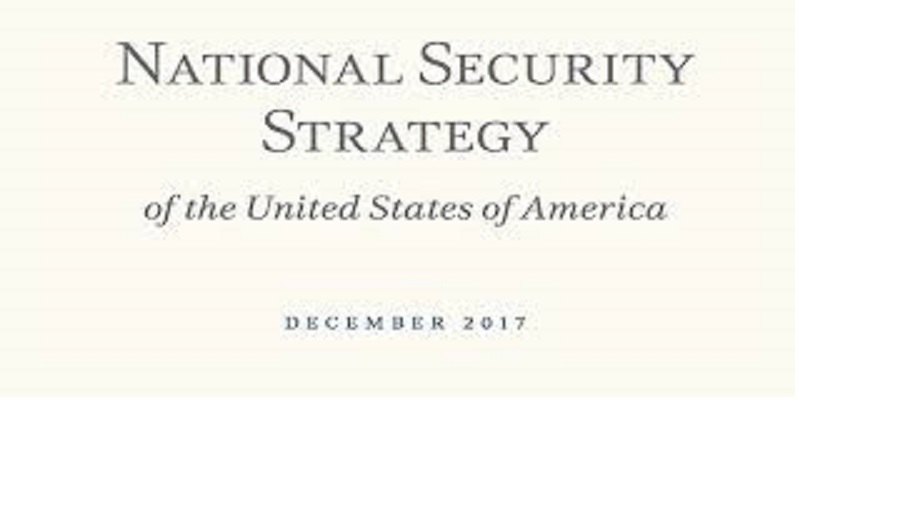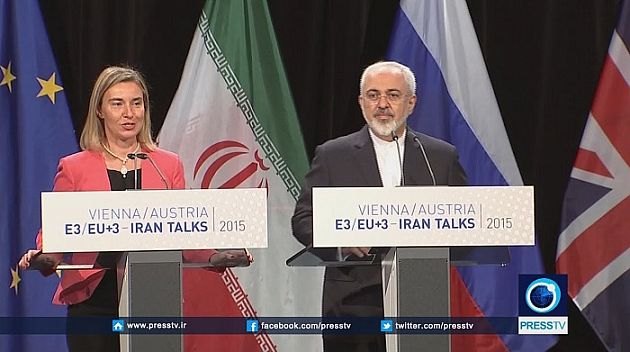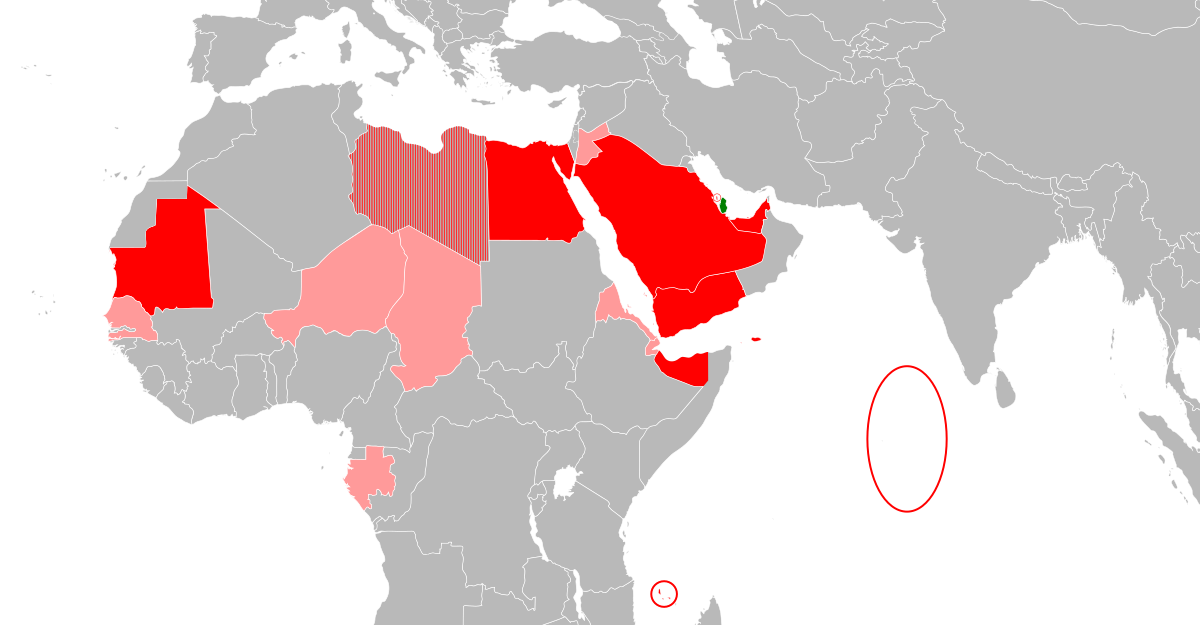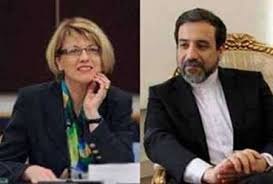The Perspective of Iran-Kurdistan Relations; Components and Strategies
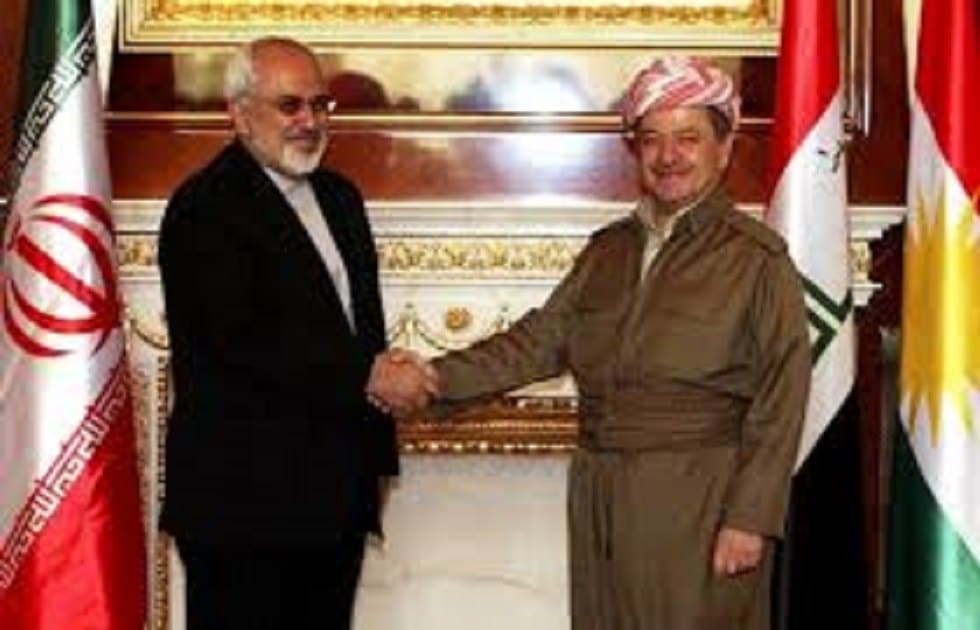
Seyyed Masoud Mousavi
The developments took place after the referendum in the Kurdistan region of Iraq were very important in terms of national security and national interests of the Islamic Republic of Iran. At the current stage, the Kurdistan region relations with the central government of Iraq and the role Iraqi Kurds can play in the future of Iraq, as well as the developments that take place inside the Kurdistan region, can bring about implications from different aspects on regional policy and national security of our country.
Contrary to the goals that the Kurdish leaders had in mind from holding the referendum, the process of post-referendum developments showed that the authorities, especially Massoud Barzani, made miscalculations at various levels. Apart from the disputed areas that are out of Kurdish control, the situation will be in a pre-referendum situation in the most optimistic approach.
The general situation of the Kurdistan region will depend on the upcoming presidential and parliamentary elections in the Kurdistan Region and the parliamentary elections of the Iraqi Central government in 2018.
In terms of cost-opportunity, with a fair look, it can be said that developments in the Kurdistan region after the referendum have been largely in line with the interests of the Islamic Republic of Iran, and the kind of encounter of our country’s authorities towards this issue has been a successful experience of management of the regional crises.
The approach of the Islamic Republic of Iran towards referendum and the simultaneous use of soft and hard power to prevent the emergence of a new threat in the region is a successful experience of dealing with regional crises that could also be tested in other areas.
The experience of facing the referendum in the Kurdistan region showed that if the Islamic Republic of Iran could bring convergence between its regional goals and other effective regional and trans-regional actors, it can maintain its interests and at the same time contribute to the promotion of security in the region.
A strategic alliance between Iran, Turkey and the central government of Iraq was a successful example of regional cooperation in pursuit of common interests. Despite some of the shortcomings and inconsistencies that exist in cooperation between Iran and Turkey, in total, the two countries showed that cooperation between them could be a guarantee for maintaining mutual benefits and enhancing regional peace and security. An issue that has somewhat succeeded in Syria.
Iran and Turkey can become an important element in establishing peace and stability in the crisis prone region of West Asia if they recognize each other’s interests by adopting a win-win strategy.
Middle East developments over the past decades have shown that the equations of friendship and hostility in this region cannot be sustained, therefore, in a more general framework, if regional and international conditions are established against the Islamic Republic of Iran, it is possible that an important part of the topic would no longer be considered as an opportunity.
Although the Kurds do not have the same priority in the Iraqi political equations in the current situation, they still have great weight and credibility in shaping the future political equations of Iraq. Undoubtedly, all interested actors in Iraq recognize the importance of the Kurds’ role in the future developments of Iraq, thus striving to consolidate their interests by drawing Kurds attention and support.

